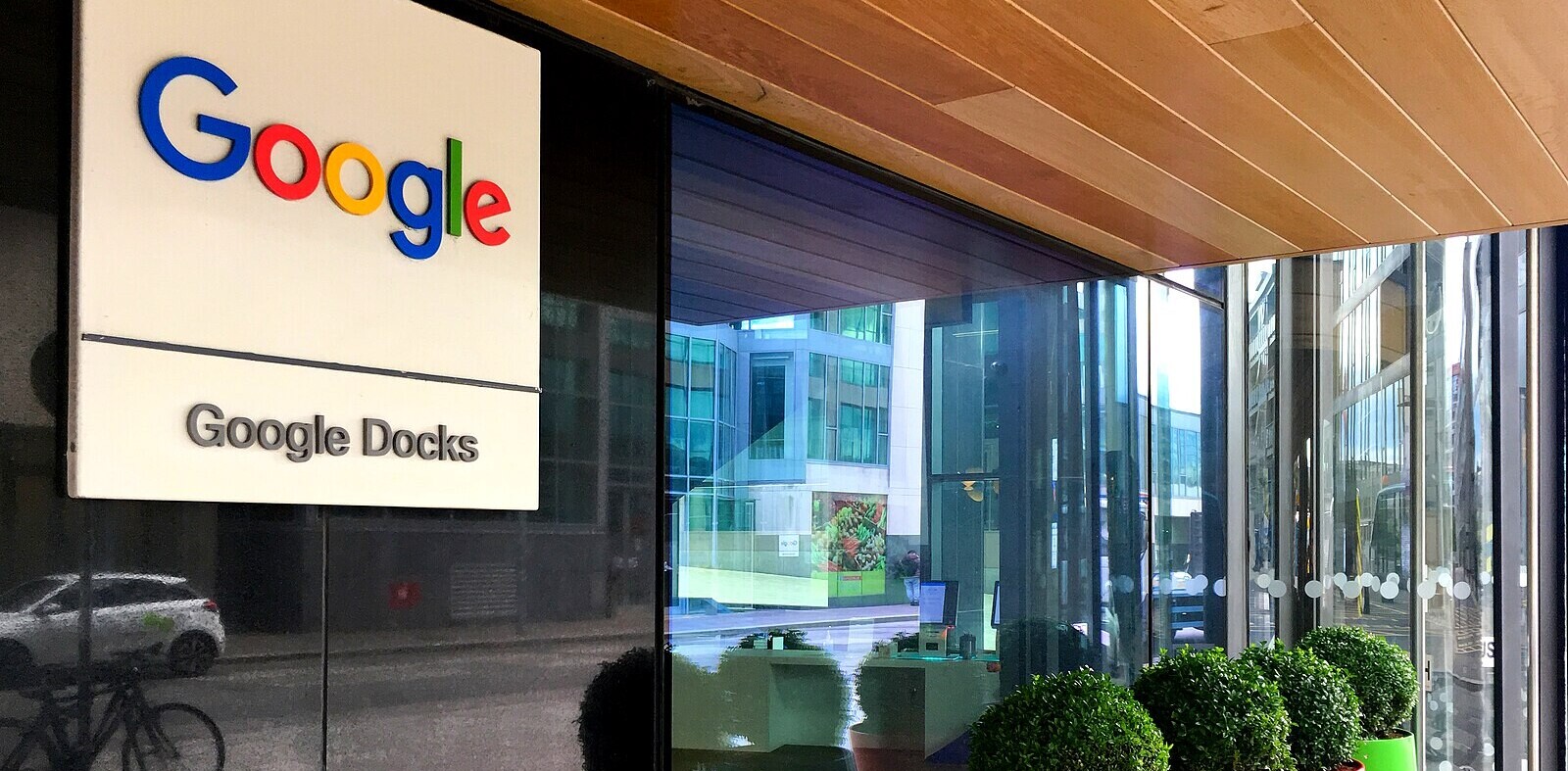
Following the introduction of Google’s Knowledge Graph last month, Bing now appears to be building up its own knowledge repository by tapping the well known, but perhaps antiquated Britannica Online Encyclopedia. The partnership, which starts today, brings in new results for users right on the search page — keeping searchers from ever having to leave Bing at all in some circumstances.
The new results involve the following: “A quick overview of the subject, a thumbnail image, and useful facts and figures making it easier than ever to get trusted content in search.” Now, the visual look of these results does not mirror Google’s latest initiative, but it does seem that both players are after the same goal: neither companies want you just to search, they want you to stay.
Looking closer at Google’s own offering, we wrote that Google will tap “sources like Wikipedia, Freebase, the CIA World Factbook and, yes, the millions of sites in its database.” Now, Bing is following suit and finding an encyclopedia parter of its own (having already worked with the likes of Wolfram Alpha to bolster its results).
Looking closer, here’s Bing’s latest addition, followed by Google’s:


A core focus for us here at Bing has been about delivering relevant information in a more organized way to help you find what you need more quickly and get stuff done. An example of this approach has been seen in our answers feature – a snippet of information designed to give you a quick look at what you’re searching for while also giving you the option to dig deeper into the results.
We’re very excited to collaborate with Encyclopedia Britannica as it continues to strengthen its online presence, and hope you find these new answers valuable and helpful in your search for information. Give it a try and let us know what you think.
Clearly, the two are fighting for the same thing, but it looks like Google will remain a step ahead for the time being with its new Knowledge Graph. Over time, it will be interesting to see if Bing moves into new territory to visualize knowledgable results, or if it will simply emulate more of Google Search’s offerings as Knowledge Graph evolves.
Get the TNW newsletter
Get the most important tech news in your inbox each week.




